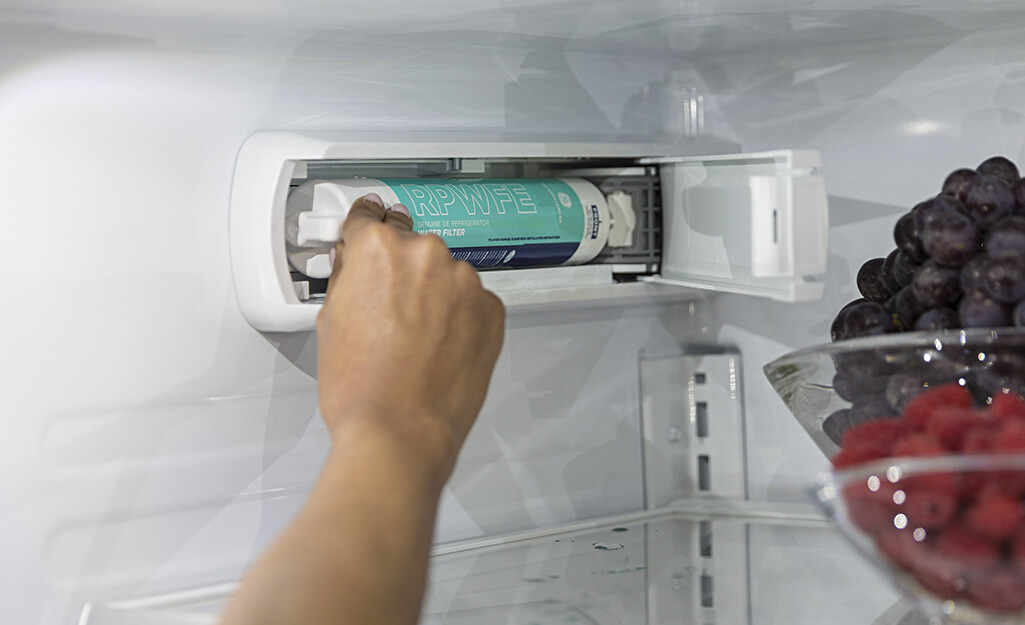The humble refrigerator is a cornerstone of any modern kitchen. It keeps our food fresh, safe to consume, and readily available for delicious meals. But this marvel of refrigeration relies on a crucial partner: water filtration. This guide dives into refrigeration and water filtration functionalities, highlighting their importance and how they work together to ensure a healthy and convenient kitchen experience.
The Science of Keeping Food Fresh, Understanding Refrigeration
Refrigeration works by utilizing the principles of thermodynamics to remove heat from a sealed compartment. This controlled environment slows the growth of bacteria and other microorganisms that cause food spoilage.
- Refrigerant: A specialized liquid that absorbs heat from the inside of the refrigerator and releases it outside through a series of coils.
- Compressor: A pump that pressurizes the refrigerant, allowing it to absorb heat efficiently.
- Condenser Coils: Located on the back or bottom of the refrigerator, these coils release the heat absorbed by the refrigerant to the surrounding air.
- Evaporator Coils: These coils circulate the cooled refrigerant within the refrigerator compartment, absorbing heat from the stored food.
Modern refrigerators also utilize automatic defrosting cycles and air circulation systems to maintain consistent temperatures and prevent frost buildup. The optimal temperature for a refrigerator is typically between 35°F and 40°F (2°C and 4°C). This range inhibits bacterial growth while ensuring your food stays fresh and flavorful.
The Importance of Water Filtration in Refrigeration
While refrigeration keeps food fresh, many modern refrigerators boast built-in water filters. These filters play a crucial role in improving the quality and taste of the water dispensed from the refrigerator. Here’s what they do:
- Reduce Contaminants: Refrigerator water filters typically use a combination of activated carbon and sediment filtration. Activated carbon traps impurities like chlorine, lead, and certain pesticides, while sediment filtration removes particles like dirt and rust.
- Improved Taste and Odor: By removing these contaminants, water filtration significantly enhances the taste and odour of dispensed water.
- Ice Cube Clarity: Water filtration also helps produce more transparent ice cubes, free from cloudiness caused by impurities.
While not all refrigerators come with built-in water filters, they can be valuable for those who prioritize clean and delicious water straight from the fridge. Replacement filters are readily available and should be changed regularly to maintain optimal performance.
Conclusion: A Perfect Partnership for a Healthy Kitchen
Refrigeration and water filtration create a healthy and convenient kitchen environment. Refrigeration ensures your food’s safe storage and freshness, while water filtration provides clean and refreshing water for drinking and cooking. Understanding both functionalities empowers you to make informed decisions when purchasing and maintaining a refrigerator for optimal performance. So, the next time you grab a cold drink or a perfectly preserved ingredient from your refrigerator, remember the silent partnership between refrigeration and water filtration that keeps your kitchen cool, clean, and ready to create delicious meals.





